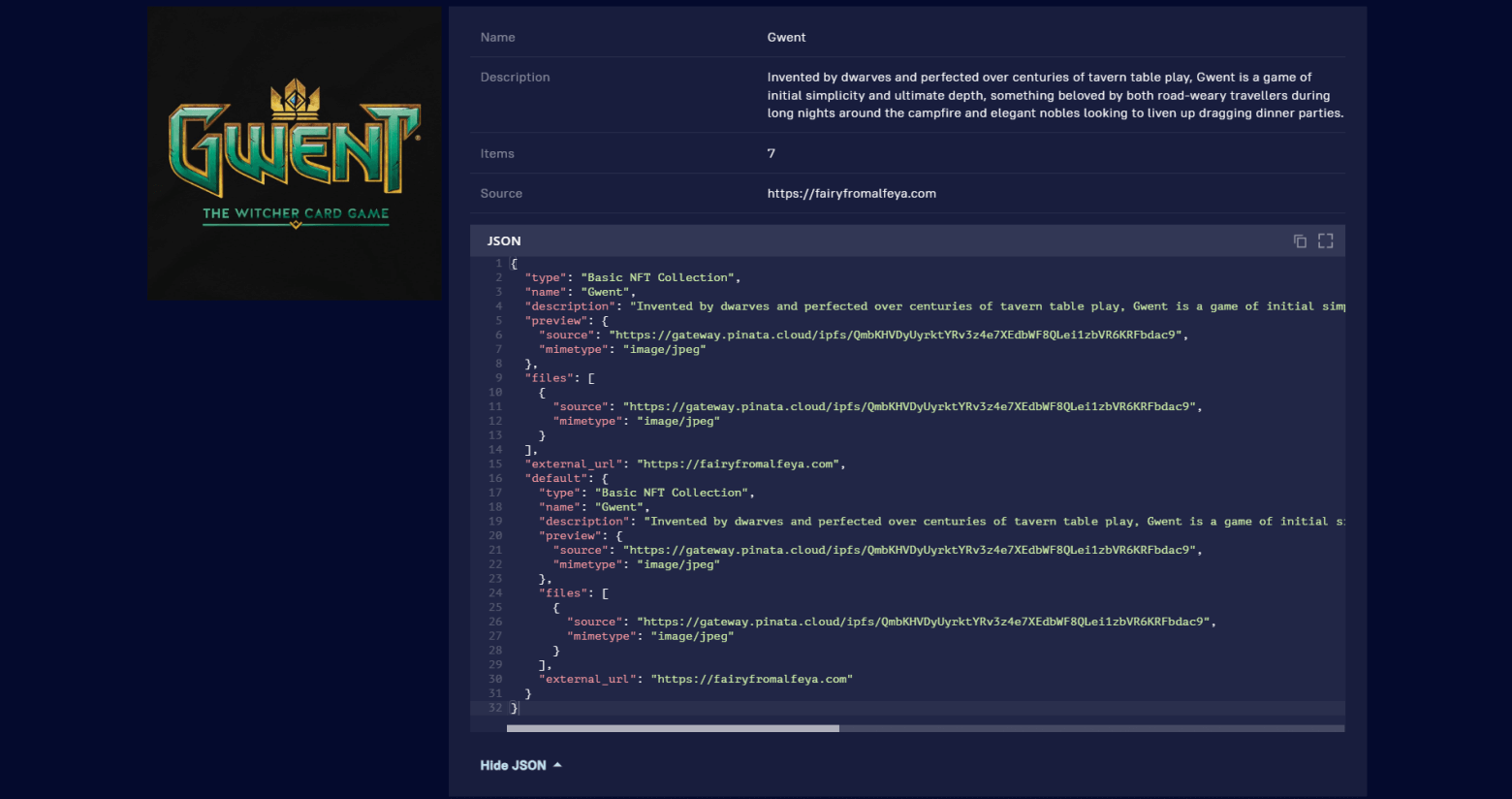At the Everpoint 2024 conference held on May, 7-8th, Sergey Shashev, the founder of Broxus, delivered a powerful speech detailing the journey and future of the Everscale network. His insights offered a candid look at the challenges the network has faced since its inception and how it plans to move forward with the introduction of Governance 3.0.
The Early Days: a Launch Through Pain in 2020
Sergey opened his talk by taking the audience back to 2020, when Everscale, originally Free TON, launched amidst uncertainty. This journey began with the abrupt halt of the Telegram Open Network (TON) due to legal issues. The sudden stop didn’t deter TON Labs, which invited companies, including Sergey’s, to launch the network independently. Twenty-three companies came together to launch Free TON, but it wasn’t an easy start. Sergey recalls how the launch happened “through pain,” without a single dollar, only tokens divided into the treasuries.
Despite this, they pushed forward. The business goal was unclear to Sergey, but the community slowly formed, supported by tokens used to incentivize partners, developers, and validators. The network’s governance structure, however, was a challenge. Sub-governances started to be established to handle different regions and industries, leading to the emergence of Governance 1.0.
The Struggles of Governance and DeFi Alliance’s Bold Attempt
The initial governance system didn’t pan out as expected. Many of the early companies and sub-governances weren’t as interested or competent as anticipated, leading to a rapid decline in the network’s capitalization. Meanwhile, the world outside was moving swiftly, especially with the rise of decentralized finance (DeFi) and stablecoins.
In response to this, the DeFi Alliance was formed, composed of members from the governance and some new players like Warp Capital. They invested their own liquidity into the Free TON ecosystem, hoping to boost the network’s value and get into the top 100 cryptocurrencies. For a moment, it worked – EVER tokens soared to 80 cents. But the enthusiasm didn’t last. Many companies simply sold off their tokens without contributing, leading to further decline.
A significant step taken by the DeFi Alliance to stabilize the situation was the introduction of LEVER tokens, essentially bonds with a 10% APR yield, designed to create incentives without crashing the token price. This marked a shift in governance, as non-contributing companies were replaced by more active participants.
Rebranding to Everscale and the Shift to Asia
As the network matured, it faced another significant challenge – the need for dollars in addition to tokens. The Crystal Hands program was developed to work with funds, aligning Everscale with market standards. Around this time, the network also underwent a rebranding, transitioning from Free TON to Everscale, a name that emphasized scalability.
A pivotal moment came with Everscale’s expansion into Asia, a region where Sergey believed more significant opportunities awaited. This shift also included merging the core development of Everscale with Broxus that led to the development of fast finality, ensuring that complex blockchain transactions could be completed in under three seconds.
The Path Forward: Everscale Relaunch and Governance 3.0
Sergey’s speech culminated with the announcement of Governance 3.0, which he described as a relaunch for Everscale. The first step is to unify the treasury. There are currently around 1 billion tokens, some of which have unclear status. Sergey emphasized the need to simplify and make the cap table transparent to everyone.
The new governance structure will also be stricter. Companies wanting to participate in governance must hold a minimum amount of tokens, and commitments will now be collateral-based. This means that if a company commits to a task and fails, their collateral will be burned. This ensures accountability, something that has been lacking in the past.
In closing, Sergey expressed optimism about the future of Everscale. With a unified treasury, stricter governance, and clear incentives, he believes that the network is ready for its next chapter. Governance 3.0 is designed to ensure that only those genuinely invested in the network’s success will have a say in its future.


